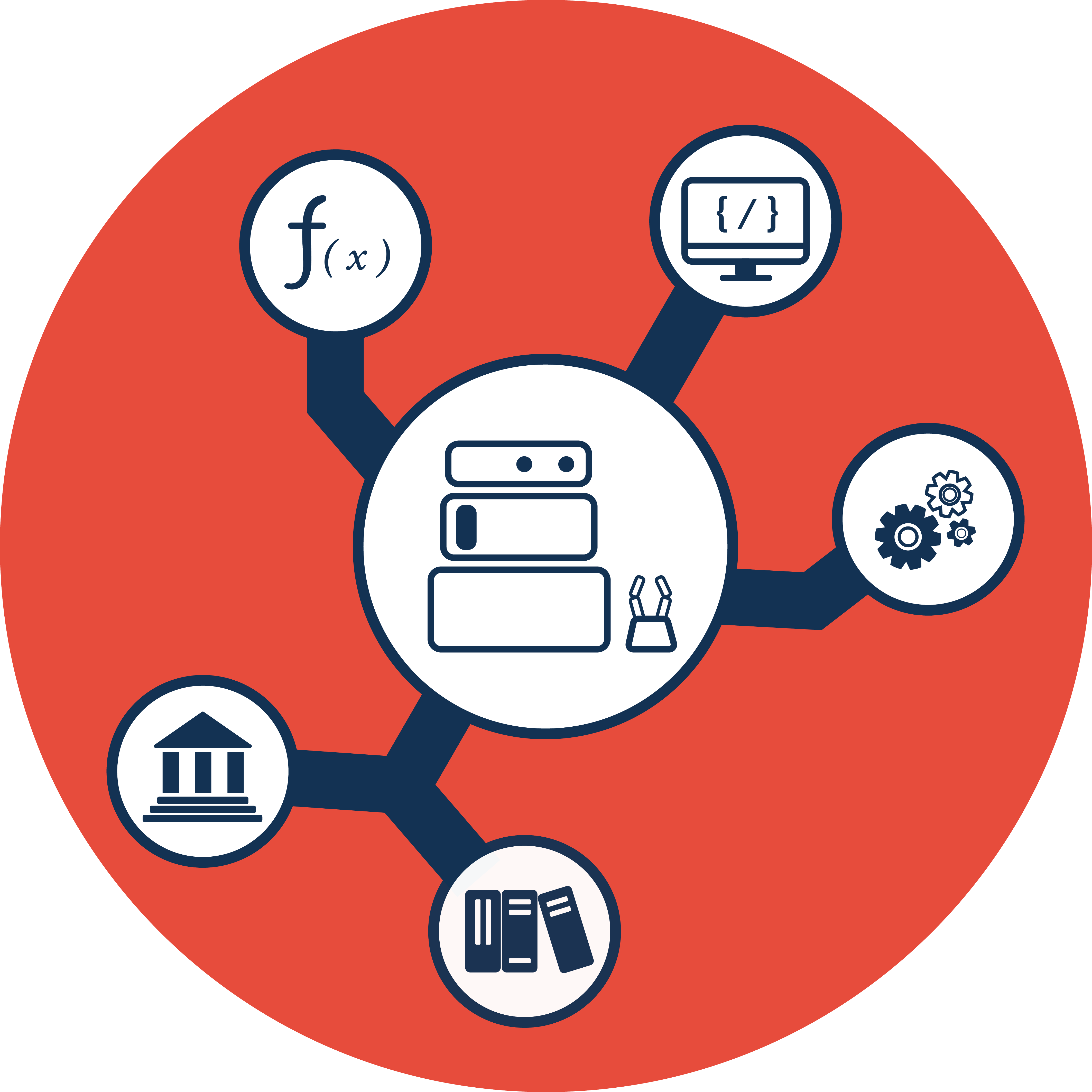EASE Research
The research activities of the CRC EASE are structured into three main research areas (H, P and R).
Each main research area consists of several subprojects. Find out more about our research on the following page.
Proposals
You can learn more about the EASE research agenda from the scientific part of the proposals.
Presentations
Presentation material on EASE:
Publications
Balder ten Cate, Victor Dalmau, Maurice Funk, Carsten Lutz, "Extremal Fitting Problems for Conjunctive Queries", In Proceedings of the 42nd ACM SIGMOD-SIGACT-SIGAI Symposium on Principles of Database Systems (PODS ’23), June 18–23, 2023, Seattle, WA, USA, 2023. [bib] [doi]
...
<more>
Research Areas
The EASE research activities are structured into three research areas:
- Research Area (H): Descriptive models of human everyday activities
- Research Area (P): Principles of information processing for everyday activities
- Research Area (R): Generative models for mastering everyday activity and their embodiment
Experiments
The progress of the EASE project is documented in integrated experiments, the form of longterm in particular:
Cooperating Projects
Research projects financed through other funding sources that substantially contribute towards the EASE research agenda include:
- RoPHa is a BMBF funded project that develops robotic agents accomplishing simple meal preparation with a focus on easy interaction between robots and asserted people.
- Robosherlock is a project funded by the German Science Foundation DFG that investigates task-directed and knowledge-enabled perception framework for manipulation tasks.
- REFILLS is a H2020 project investigating a particular everyday activity: the replenishment of shelves in supermarkets.
- smile is a cooperative project that aims at encouraging and motivating girls to choose careers in MINT-related topics.

